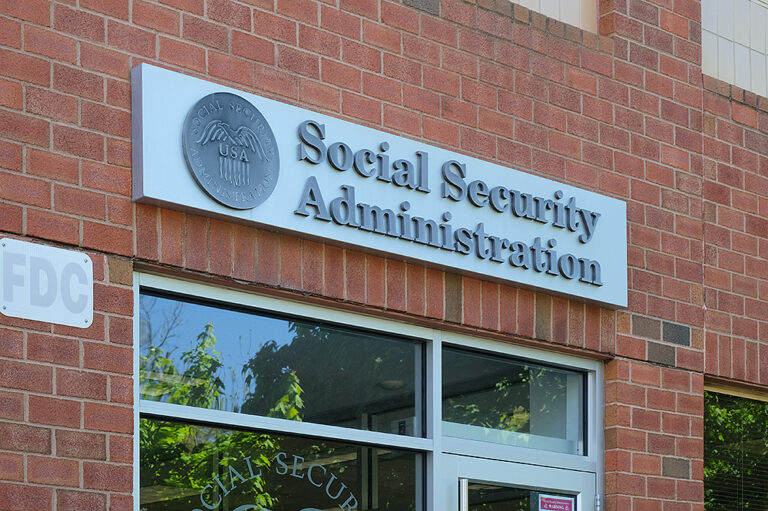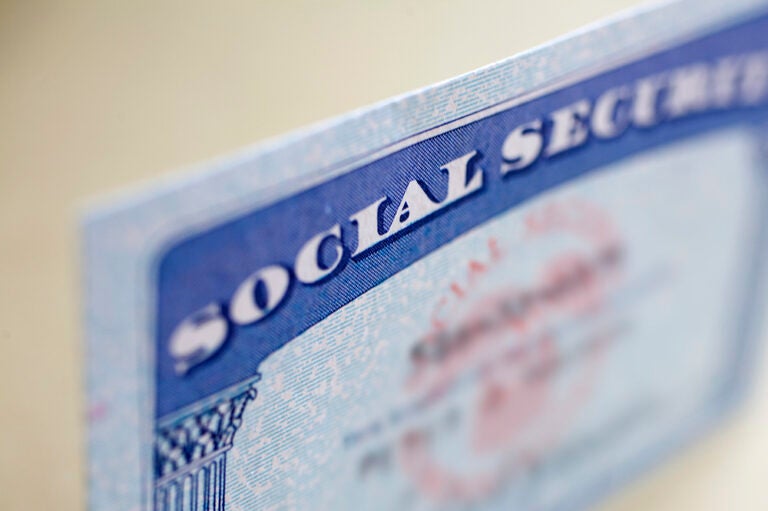On March 27, 2020, the president signed into law the Coronavirus Aid, Relief, and Economic Security (CARES) Act, the third phase of legislation designed to lessen the economic impact of the COVID-19 pandemic. One key part of the CARES Act was the Coronavirus Relief Fund, which provided $150 billion in direct federal fiscal support to governments in states, territories, and tribal areas to cover expenditures incurred due to the COVID-19 public health emergency. The bulk of Coronavirus Relief Fund assistance was allocated to state governments, but local governments with populations of 500,000 or more were also eligible to receive federal assistance; any direct assistance to local governments reduced the allocation made to that locality’s state government.
The $150 billion included in the Coronavirus Relief Fund was allocated to domestic governments in the following amounts:
- $139 billion to the 50 state governments based on their respective populations measured by the Census Bureau in 2019. Each state will received a minimum of $1.25 billion.
- $8 billion to governments in tribal areas based on each tribal area’s share of aggregate tribal expenditures in fiscal year 2019.
- $3 billion to the territories of the District of Columbia, Puerto Rico, U.S. Virgin Islands, Guam, Northern Mariana Islands, and American Samoa, based on their respective shares of the total population of all U.S. territories.
The treasury fully disbursed the $150 billion allocation by the end of September 2020. State and local governments had until December 31, 2020 to spend their allocations from the fund.
For an evaluation of the effectiveness of the Coronavirus Relief Fund and other elements of the federal government’s fiscal response to the pandemic, see our six-part series.
Image credit: Photo by Spencer Platt/Getty Images
Further Reading
Lawmakers are Running Out of Time to Fix Social Security
Without reform, Social Security could be depleted as early as 2032, with automatic cuts for beneficiaries.
Budget Basics: How Does Social Security Work?
Social Security is the largest single program in the federal budget and typically makes up one-fifth of total federal spending.
How Did the One Big Beautiful Bill Act Affect Federal Spending?
Overall, the OBBBA adds significantly to the nation’s debt, but the act contains net spending cuts that lessen that impact.


